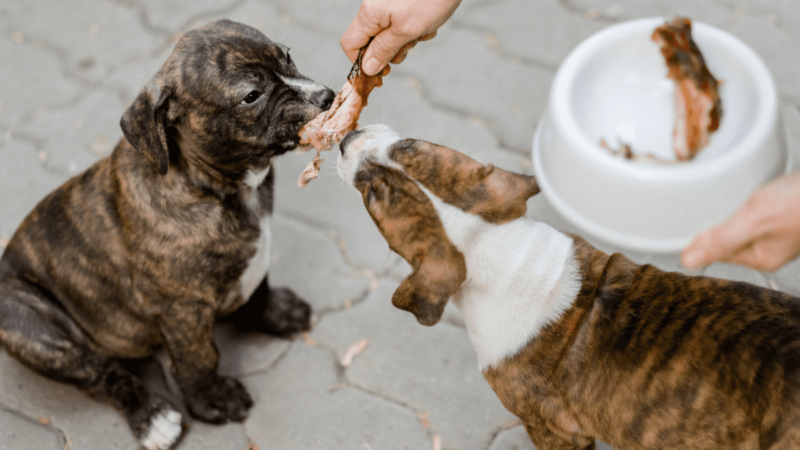Understanding and Treating Ringworm in Cattle – A Guide by G Shepherd Animal Health

Ringworm is a prevalent fungal infection that can affect cattle of all ages and breeds. Despite posing no direct threat to human health, ringworm can cause discomfort and economic losses for farmers due to reduced productivity and potential quarantine measures. At G Shepherd Animal Health, we understand the impact of ringworm on cattle and offer effective solutions for its prevention and treatment.
What is Ringworm and How Does it Affect Cattle?
Ringworm, caused by various species of fungi, manifests as circular, crusty lesions on the skin of cattle. Despite its name, ringworm is not caused by worms but rather by dermatophytes that thrive in warm, humid environments. Cattle are particularly susceptible to ringworm during periods of stress or when housed in crowded conditions.
The presence of ringworm lesions can lead to discomfort and itching in affected cattle, causing them to scratch and rub against surfaces, further spreading the infection. Additionally, ringworm can result in hair loss and reduced milk production, impacting the overall health and productivity of the herd.
Preventing Ringworm in Cattle
Prevention is key to managing ringworm in cattle and minimising its impact on farm operations. G Shepherd Animal Health offers a range of proactive measures to prevent the occurrence and spread of ringworm:
Hygiene Management – Maintaining clean and dry housing facilities for cattle is essential for preventing ringworm. Regular cleaning and disinfection of barns, equipment, and feeding areas help reduce the risk of fungal contamination.
Quarantine Protocols – Implementing quarantine protocols for newly arrived cattle can prevent the introduction of ringworm to the herd. Quarantining animals for a designated period allows for thorough inspection and monitoring for signs of infection before they are integrated into the main herd.
Environmental Controls – Adequate ventilation and sunlight exposure in cattle housing areas can inhibit the growth of ringworm-causing fungi. Creating well-ventilated and sunlit environments helps create unfavourable conditions for fungal proliferation.
Nutritional Support – Providing cattle with a balanced diet rich in essential nutrients and vitamins strengthens their immune system, making them more resistant to fungal infections like ringworm. G Shepherd Animal Health offers nutritional supplements tailored to support cattle health and immunity.
Treating Ringworm in Cattle with G Shepherd Animal Health
Despite best efforts in prevention, ringworm outbreaks can still occur. When faced with an outbreak, prompt and effective treatment is crucial to containing the spread of infection and promoting the rapid recovery of affected animals. G Shepherd Animal Health offers a comprehensive range of treatments for ringworm in cattle:
Topical Treatments – Antifungal creams and sprays are commonly used to treat ringworm lesions on cattle. G Shepherd Animal Health provides topical treatments formulated with potent antifungal agents to effectively eliminate fungal infections and promote healing.
Systemic Medications – In severe cases or when ringworm outbreaks are widespread within the herd, systemic antifungal medications may be necessary. G Shepherd Animal Health offers oral or injectable antifungal medications that target the underlying fungal infection and accelerate recovery in affected cattle.
Supportive Care – Alongside antifungal treatments, providing supportive care to affected cattle is essential for their overall well-being and recovery. G Shepherd Animal Health offers nutritional supplements and wound care products to support the healing process and boost the immune system of affected animals.
Biosecurity Measures – Implementing strict biosecurity measures during ringworm treatment helps prevent the spread of infection to unaffected animals. G Shepherd Animal Health provides guidance on biosecurity protocols and offers disinfectants and hygiene products to maintain a clean and disease-free environment.
Partnering with G Shepherd Animal Health for Effective Ringworm Management
Ringworm in cattle can pose significant challenges for cattle farmers, but with proactive prevention strategies and effective treatment solutions from G Shepherd Animal Health, it can be successfully managed. By prioritising hygiene, implementing quarantine measures, and utilising G Shepherd Animal Health’s range of treatment options, cattle farmers can protect their herds from the impact of ringworm and maintain optimal health and productivity. Trust G Shepherd Animal Health as your go-to provider for the prevention and treatment of ringworm in cattle.







